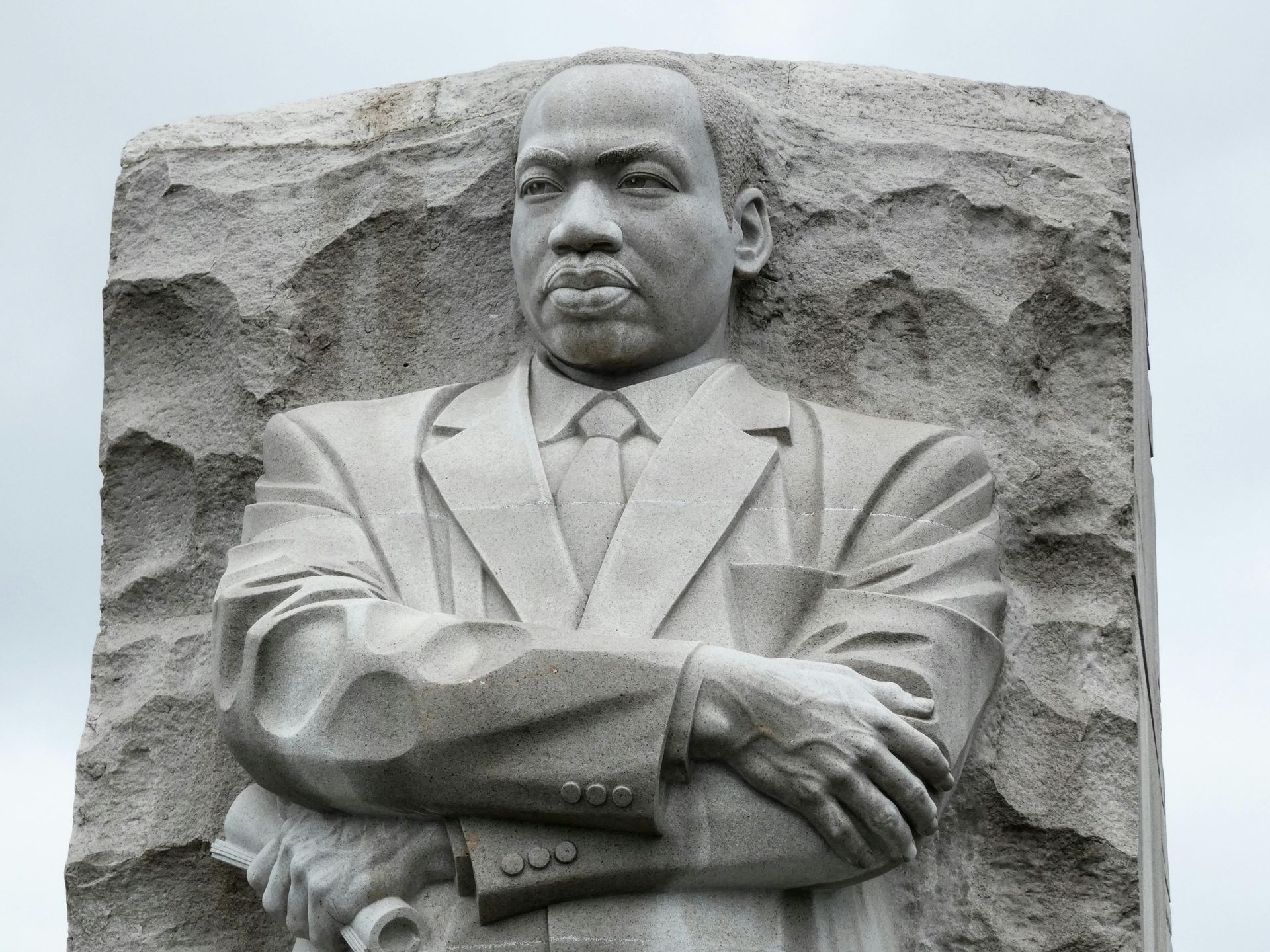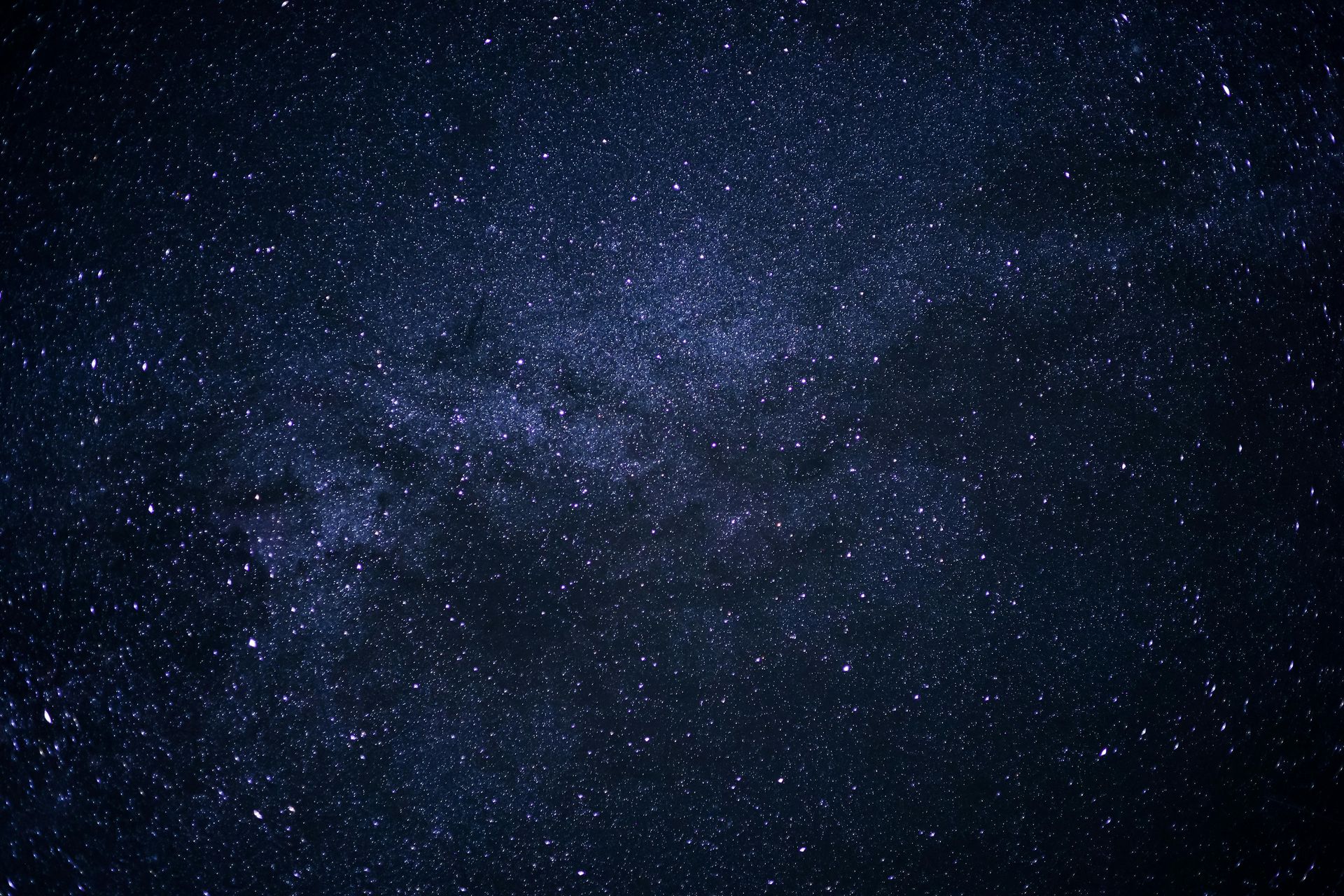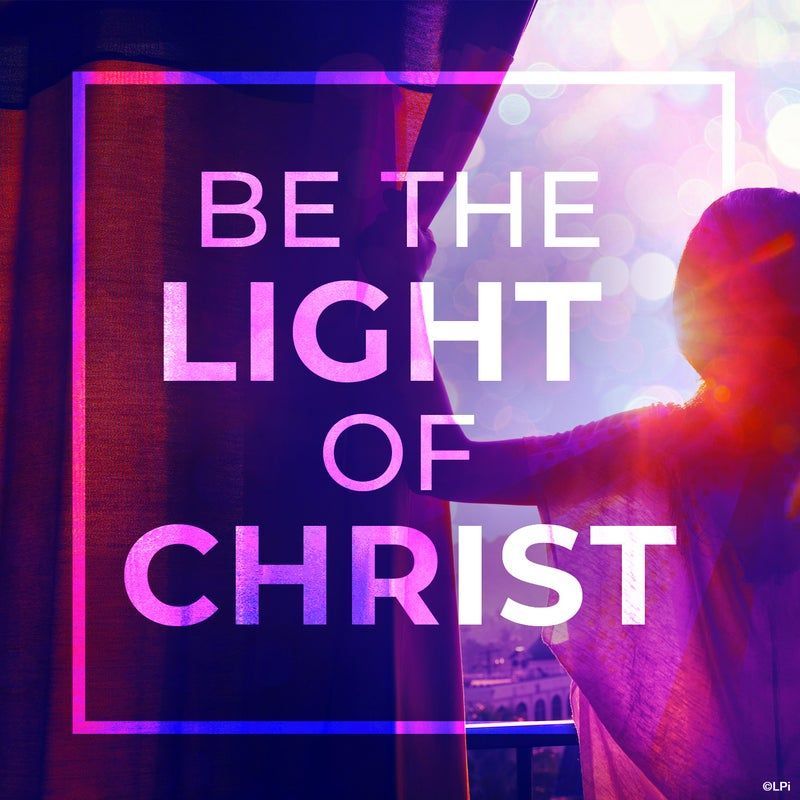6th Sunday C - February 16, 2025
6th Sunday C
February 16, 2025
We are already well into the Jubilee year that began on Christmas 2024. The theme of the year is Hope. Hope is also what our psalm speaks of today. Blessed are they who hope in the Lord.
How do we find hope? One way is to look at what hope does for us. Hope is gained by trusting in God. When I stop trying to control all life and circumstances around me I find hope. Hope is seeing the world as cared for by our God.
Hope is nurtured by planting one near God. The image from Isaih and the psalm are images of trees planted by running streams. When we plant our lives trusting in God, we find ourselves growing as a tree near running water.
Where do we find this running water? One way is to live the beatitudes as found in today’s gospel.
“Blessed are you who are poor,
for the kingdom of God is yours.
Blessed are you who are now hungry,
for you will be satisfied.
Blessed are you who are now weeping,
for you will laugh.
Blessed are you when people hate you,
and when they exclude and insult you,
and denounce your name as evil
on account of the Son of Man
Poverty of spirit is the quality of trusting in God. When we place our trust in God we find satisfaction, laughter, and persecution. In the midst of persecution, we find the streams of God feeding us what we need.
This image of a tree by running water is an image we can work with as we search for hope. Hope is that quality that arrives when we let go and let God. When we recognize our poverty of spirit and rely upon God, we begin to be people of Hope.
• Hope is poverty of spirit.
• Hope is being hungry for justice.
• Hope is finding laughter rather than despair.
• Hope is the antidote to oppression.
• Hope is found as we focus on how our God is at work in our lives.
• Hope is found when we trust.
• Hope is found in the hands of a friend who reaches out to us in our need.
• Hope is found as I recover from an illness or a situation that makes me feel weak.
Two weeks ago, SUNY had a broadcast of the play Uncle Vanya. I often think about the last scene as Vanya and Sonya consider their lives at the estate. Sonya gives Vanya hope as she touches into her faith.
SONYA: What can we do? We must live out our lives. [A pause] Yes, we shall live, Uncle Vanya. We shall live all through the endless procession of days ahead of us, and through the long evenings. We shall bear patiently the burdens that fate imposes on us. We shall work without rest for others, both now and when we are old. And when our final hour comes, we shall meet it humbly, and there beyond the grave, we shall say that we have known suffering and tears, that our life was bitter. And God will pity us. Ah, then, dear, dear Uncle, we shall enter on a bright and beautiful life. We shall rejoice and look back upon our grief here. A tender smile -- and -- we shall rest. I have faith, Uncle, fervent, passionate faith. We shall rest. We shall rest. We shall hear the angels. We shall see heaven shining like a jewel. We shall see evil and all our pain disappear in the great pity that shall enfold the world. Our life will be as peaceful and gentle and sweet as a caress. I have faith; I have faith. [Wiping away her tears] My poor, poor Uncle Vanya, you are crying! [Weeping] You have never known what it is to be happy, but wait, Uncle Vanya, wait! We shall rest. We shall rest. We shall rest.
I find myself thinking of the words of Lisel Mueller when I consider hope.
Mueller wrote a poem called Hope.
It hovers in dark corners
before the lights are turned on,
it shakes sleep from its eyes
and drops from mushroom gills,
it explodes in the starry heads
of dandelions turned sages,
it sticks to the wings of green angels
that sail from the tops of maples.
It sprouts in each occluded eye
of the many-eyed potato,
it lives in each earthworm segment
surviving cruelty,
it is the motion that runs
from the eyes to the tail of a dog,
it is the mouth that inflates the lungs
of the child that has just been born.
It is the singular gift
we cannot destroy in ourselves,
the argument that refutes death,
the genius that invents the future,
all we know of God.
It is the serum which makes us swear
not to betray one another;
it is in this poem, trying to speak.
Let us find hope as we trust in the Lord and drink from the stream of our faith.






